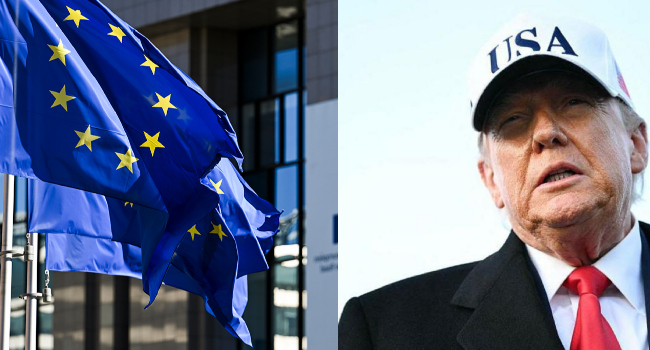Recent tensions between Russia and Australia have reached a boiling point following a controversial social media post by the Australian Embassy in Moscow. The post, which criticized the conduct of Russian presidential elections in territories occupied by Russia in Ukraine, has sparked accusations of meddling in internal affairs from Russian officials. This incident sheds light on the increasing international scrutiny over Russia’s actions in Ukraine and the potential impact on global diplomacy.
The initial sparks of controversy ignited when Russian authorities swiftly reacted to an Australian Embassy post on the Telegram platform. The post questioned the legitimacy of Russian presidential elections held in occupied parts of Ukraine, challenging the territorial integrity of the Russian Federation and raising concerns about voting processes in various Russian regions. In response, the Russian government summoned the Australian Chargé d’affaires, demanding the removal of the contentious message and assurances against future incidents. Despite diplomatic pressure, Australia stood firm, rejecting the outcomes of elections conducted within Ukrainian territories under Russian control.
This diplomatic row between Australia and Russia underscores broader international opposition to Russia’s annexation claims and military actions in Ukraine. By questioning the legitimacy of elections in these regions, Australia’s embassy post not only challenges Russia’s internal narrative but also aligns with global concerns regarding sovereignty, territorial integrity, and international law principles. The incident has strained bilateral relations and highlighted the international community’s divided stance on Russia’s actions in Ukraine, potentially influencing future diplomatic engagements and policy decisions.
Looking forward, the fallout from this incident could prompt a reassessment of diplomatic strategies, particularly in navigating territorial annexations and sovereignty disputes. As nations grapple with maintaining diplomatic decorum while asserting their positions on international law, similar incidents may become more common. This episode serves as a reminder of the delicate balance between diplomatic communication and upholding principles of sovereignty and human rights. As tensions linger, the international community closely monitors the situation, contemplating the long-term implications for global diplomacy and the rule of law.



